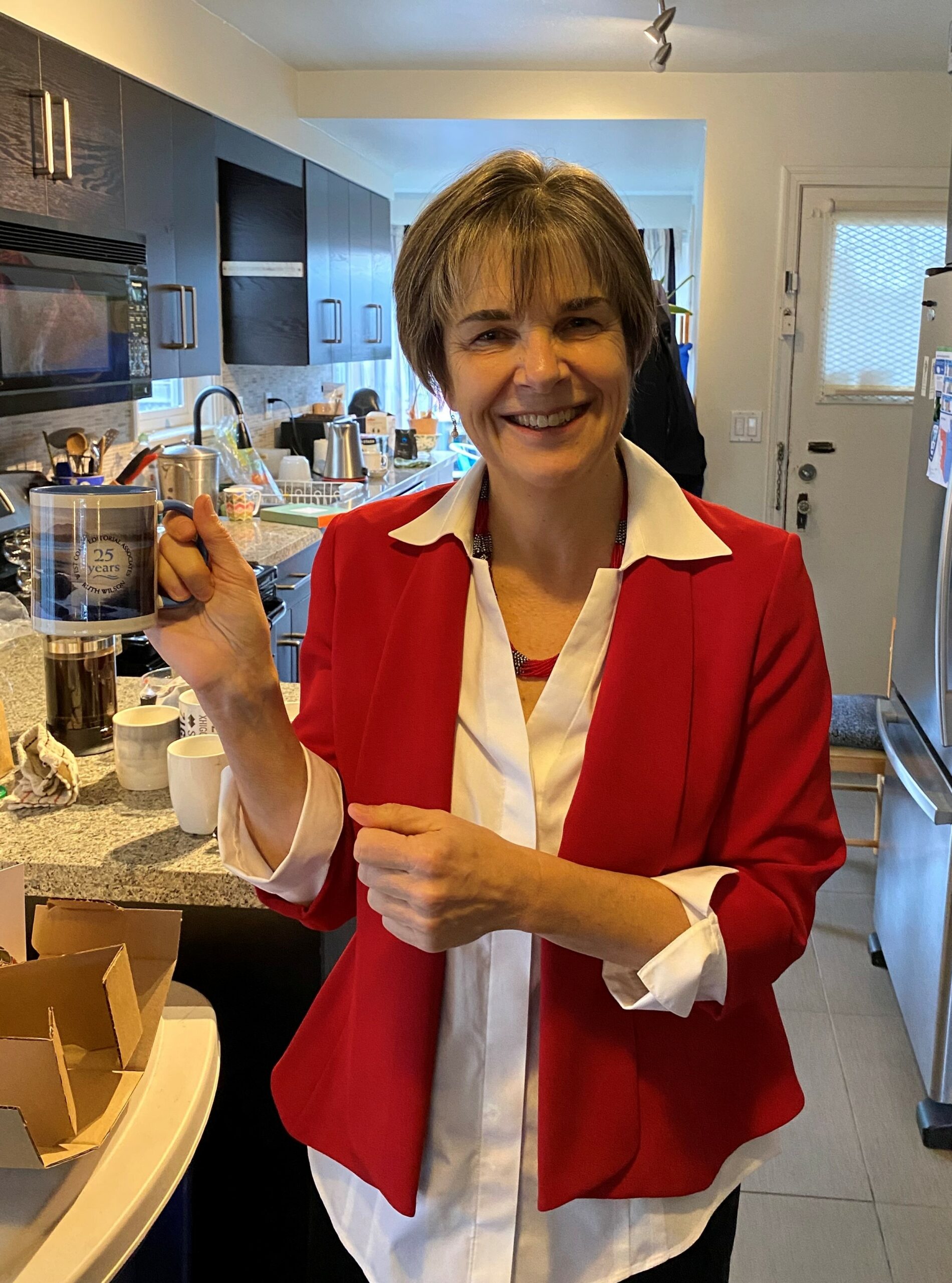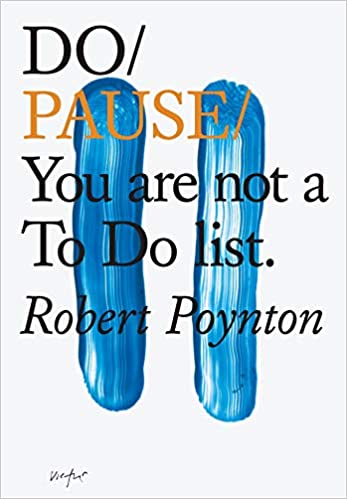Crisis time management: Are you ready?

Over the many years of my editing career and teaching editing courses, I have counselled hundreds of would-be freelancers on how to succeed. My short advice is simple: “Show up. Deliver.”
I’ve worked with and hired enough freelance editors myself to know that those two attributes are just as—if not more—valuable than editorial talent alone. Clearly, a sense of personal responsibility and strong time management skills are key to both.
But what happens when life goes sideways, you’re no longer in control of your own time, and personal responsibility takes on a new dimension? Most of us don’t incorporate time for “house burning down,” “five-day power outage,” “serious illness,” or other catastrophe in our daily work plan.
Likely you have resources to draw on when the unexpected happens. Friends, neighbours, and family generously offer to do errands, make meals, and take care of young children when needed. But who is going to finish those editing projects sitting on your desk? It’s unlikely that your loving sister or supportive neighbour can finish the substantive edit of that 300-page report that’s due next week.
When the unexpected happened in my life recently, I reflected on how fortunate I was to have invaluable support from my WCEA partners. Each one of them immediately offered to help in any way they could. As it turned out, I was able to handle almost all client demands myself, but I did call on them to take over some administrative partnership tasks that I had let slide. What a relief to cross those off my to-do list, knowing they would be taken care of promptly and perfectly.
So, today, I would add one more item after “Show up” and “Deliver.” That is, “Have a backup plan.” You may never need it, but if you take some steps now to build a community of editorial support, you’ll benefit from all that it can offer in both good times and more challenging times.
Here are three ideas for creating a backup plan:
- Build a partnership. It doesn’t have to be as formal as WCEA, or as large. But having a colleague or two with whom you can work and call on to share projects, ask for help with that puzzling language question, or just talk through any sort of problem will make your freelance life easier and more rewarding.
- Think about starting or joining a mastermind group. Mastermind groups aren’t intended to be emergency backup systems, but like my WCEA partnership, the underlying personal and professional support available is invaluable.
- Call on your colleagues. The benefits of belonging to an industry association such as Editors Canada are many, one of them having a skilled pool of professionals ready to call on. If you’re active at the branch level, contact those you know and ask for help. Or connect with others across the country. I guarantee you’ll find someone—more than one—who will help you get your work done. If you’re not a member, you can consult the online directory of editors and find someone with the experience you need.
The first two of these suggestions take some planning and work now, but the rewards will far outweigh the start-up time. The third may already be in your back pocket; use it when you need to. Helpful editors await!



